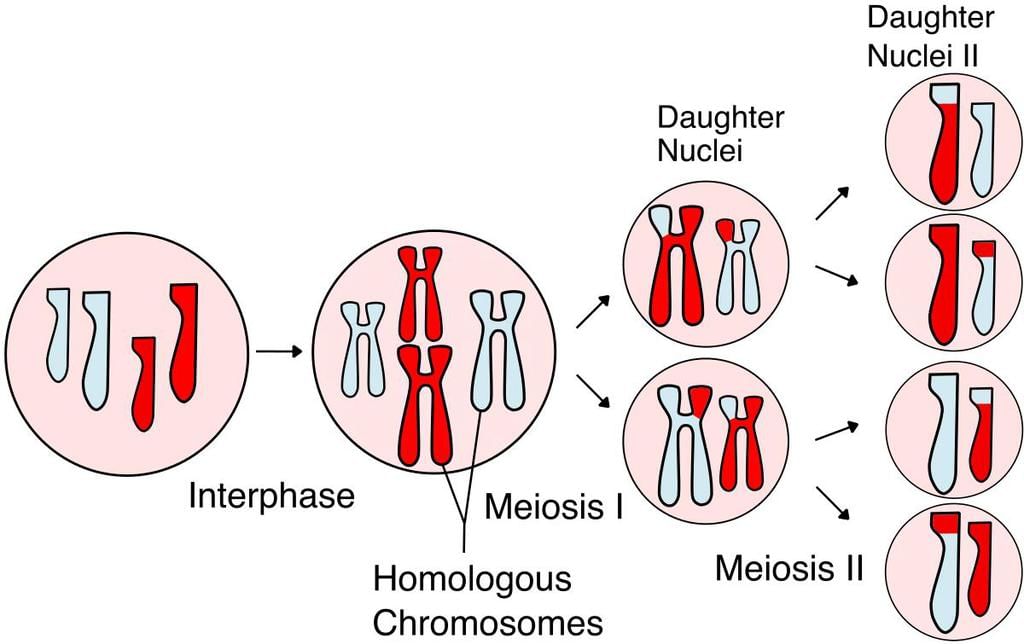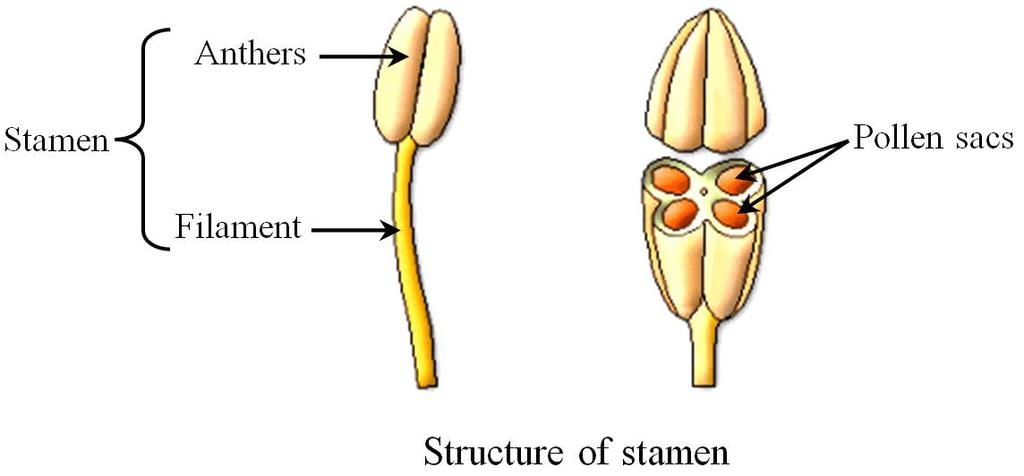Grade 12 Exam > Grade 12 Tests > Test: Pre-Fertilisation Events (Old NCERT) - Grade 12 MCQ
Test: Pre-Fertilisation Events (Old NCERT) - Grade 12 MCQ
Test Description
10 Questions MCQ Test - Test: Pre-Fertilisation Events (Old NCERT)
Test: Pre-Fertilisation Events (Old NCERT) for Grade 12 2024 is part of Grade 12 preparation. The Test: Pre-Fertilisation Events (Old NCERT) questions and answers have been prepared
according to the Grade 12 exam syllabus.The Test: Pre-Fertilisation Events (Old NCERT) MCQs are made for Grade 12 2024 Exam.
Find important definitions, questions, notes, meanings, examples, exercises, MCQs and online tests for Test: Pre-Fertilisation Events (Old NCERT) below.
Solutions of Test: Pre-Fertilisation Events (Old NCERT) questions in English are available as part of our course for Grade 12 & Test: Pre-Fertilisation Events (Old NCERT) solutions in
Hindi for Grade 12 course.
Download more important topics, notes, lectures and mock test series for Grade 12 Exam by signing up for free. Attempt Test: Pre-Fertilisation Events (Old NCERT) | 10 questions in 10 minutes | Mock test for Grade 12 preparation | Free important questions MCQ to study for Grade 12 Exam | Download free PDF with solutions
Test: Pre-Fertilisation Events (Old NCERT) - Question 1
Which structure in the plant carries the male organ?
Detailed Solution for Test: Pre-Fertilisation Events (Old NCERT) - Question 1
Test: Pre-Fertilisation Events (Old NCERT) - Question 2
What are the cells in diploid organisms that undergo meiosis called?
Detailed Solution for Test: Pre-Fertilisation Events (Old NCERT) - Question 2
| 1 Crore+ students have signed up on EduRev. Have you? Download the App |
Test: Pre-Fertilisation Events (Old NCERT) - Question 3
Gametes in all ____ species are of 2 types.
Detailed Solution for Test: Pre-Fertilisation Events (Old NCERT) - Question 3
Test: Pre-Fertilisation Events (Old NCERT) - Question 4
Which of the following is an example of a unisexual organism?
Detailed Solution for Test: Pre-Fertilisation Events (Old NCERT) - Question 4
Test: Pre-Fertilisation Events (Old NCERT) - Question 5
Cucurbits and coconuts are examples of:
Detailed Solution for Test: Pre-Fertilisation Events (Old NCERT) - Question 5
Test: Pre-Fertilisation Events (Old NCERT) - Question 6
What are the male organs in a flowering plant called?
Detailed Solution for Test: Pre-Fertilisation Events (Old NCERT) - Question 6
Test: Pre-Fertilisation Events (Old NCERT) - Question 7
The male gamete is called as ___________.
Detailed Solution for Test: Pre-Fertilisation Events (Old NCERT) - Question 7
Test: Pre-Fertilisation Events (Old NCERT) - Question 8
What are the 2 main pre fertilization events?
Detailed Solution for Test: Pre-Fertilisation Events (Old NCERT) - Question 8
Test: Pre-Fertilisation Events (Old NCERT) - Question 9
What is the most important event in sexual reproduction?
Detailed Solution for Test: Pre-Fertilisation Events (Old NCERT) - Question 9
Detailed Solution for Test: Pre-Fertilisation Events (Old NCERT) - Question 10
Information about Test: Pre-Fertilisation Events (Old NCERT) Page
In this test you can find the Exam questions for Test: Pre-Fertilisation Events (Old NCERT) solved & explained in the simplest way possible.
Besides giving Questions and answers for Test: Pre-Fertilisation Events (Old NCERT), EduRev gives you an ample number of Online tests for practice
Download as PDF



















